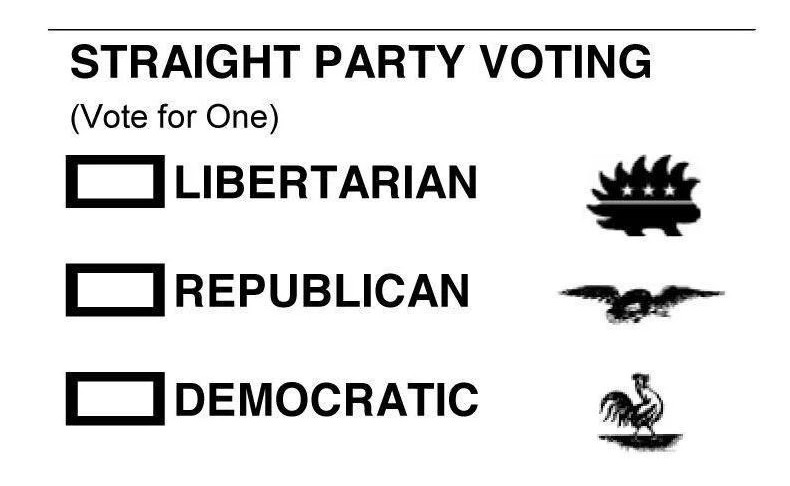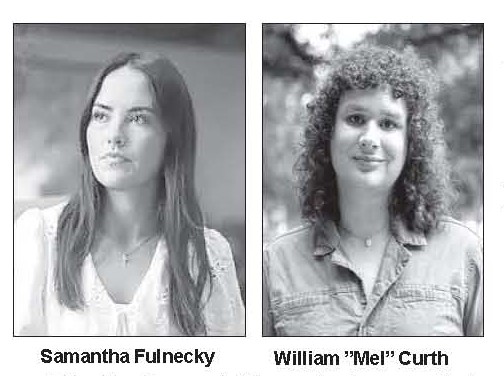Court Strikes Down Oklahoma Marriage Law
In January, U.S. District Judge Terence Kern ruled that Part A of the constitutional amendment approved by 76% of Oklahoma voters in 2004, violated the Equal Protection Clause of the Fourteenth Amendment of the U.S. Constitution. The Oklahoma constitutional amendment says marriage in the state consists of "the union of one man and one woman." Judge Kern said the measure violated the U.S. Constitution's equal protection clause by precluding same-sex couples from receiving an Oklahoma marriage license. He described the ban as "an arbitrary, irrational exclusion of just one class of Oklahoma citizens from a governmental benefit." The plaintiffs sued the Tulsa County Clerk for not issuing the couples a marriage license.
On January 15, Tulsa County Court Clerk Sally Howe Smith responded to Judge Kern's ruling by filing the appeal. She was represented by the Alliance Defending Freedom (ADF), a Christian legal group. ADF Senior Counsel Byron Babione responded to the Denver court ruling: "In his dissent, Judge Kelly correctly noted that "any change in the definition of marriage rightly belongs to the people of Oklahoma, not a federal court.' We are consulting with our client and considering her options. Ultimately, the question whether the people are free to affirm marriage as a man-woman union will be decided by the U.S. Supreme Court. If the high court remains consistent with what it held in its Windsor decision, the states will ultimately be free to preserve man-woman marriage should they choose to do so."
Numerous lawsuits and rulings regarding same-sex marriage bans have followed the U.S. Supreme Court decision last year in its Windsor ruling that struck down the federal Defense of Marriage Act (DOMA). The ruling in the Utah case was the first at the appellate court level since the Supreme Court decision in the Windsor case. There are 19 states, plus the District of Columbia, where same-sex marriage is legal. In nine states, federal judges have struck down bans on same-sex marriage but the rulings were placed on hold pending appeal.
Mary Bishop and Sharon Baldwin, the Tulsa County couple that launched the challenge, issued a statement following the decision: "We are so grateful that the 10th Circuit understands what more and more people across this country are beginning to realize -- that gay and lesbian people are citizens who should enjoy the same rights as straight people under the law."
Governor Mary Fallin said: "Today's ruling is another instance of federal courts ignoring the will of the people and trampling on the right of states to govern themselves. In this case, two judges have acted to overturn a law supported by Oklahomans. Their decision will be appealed and, I hope, overturned. As governor, I will continue to fight back against our federal government when it seeks to ignore or change laws written and supported by Oklahomans."
The 10th Circuit court did affirm the lower court's ruling that the second couple in the Oklahoma case -- Gay Phillips and Susan Barton -- did not have legal standing to challenge the state's ban on recognizing same-sex marriages performed in other states. Phillips and Barton had sued the Tulsa County Court Clerk over the ban, but the clerk has no authority to recognize out-of-state marriages.
The appeals court placed its ruling on hold until the final outcome of the case is determined by the U.S. Supreme Court, so same-sex couples in Oklahoma won't be able to marry until the U.S. Supreme Court at least decides whether to hear the appeal.










Latest Commentary
Saturday 31st of January 2026
Saturday 31st of January 2026
Saturday 31st of January 2026
Saturday 31st of January 2026
Saturday 31st of January 2026
Saturday 31st of January 2026
Saturday 31st of January 2026
Saturday 31st of January 2026
Saturday 31st of January 2026
Saturday 31st of January 2026
Saturday 31st of January 2026
Saturday 31st of January 2026
Saturday 31st of January 2026